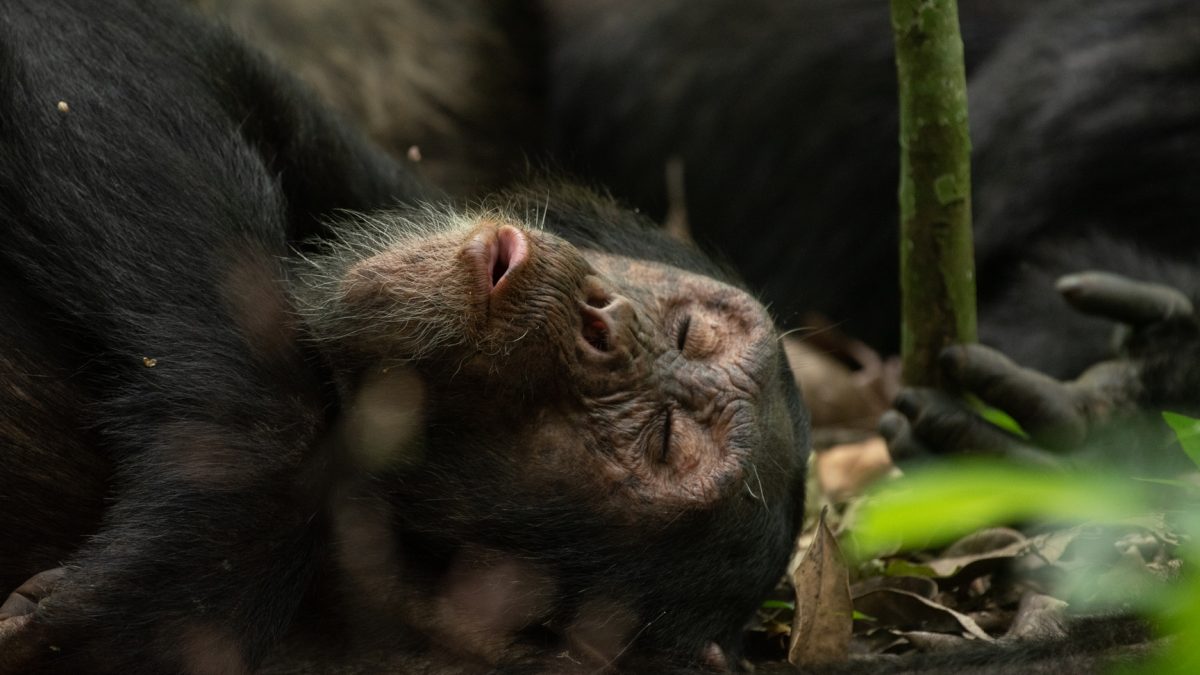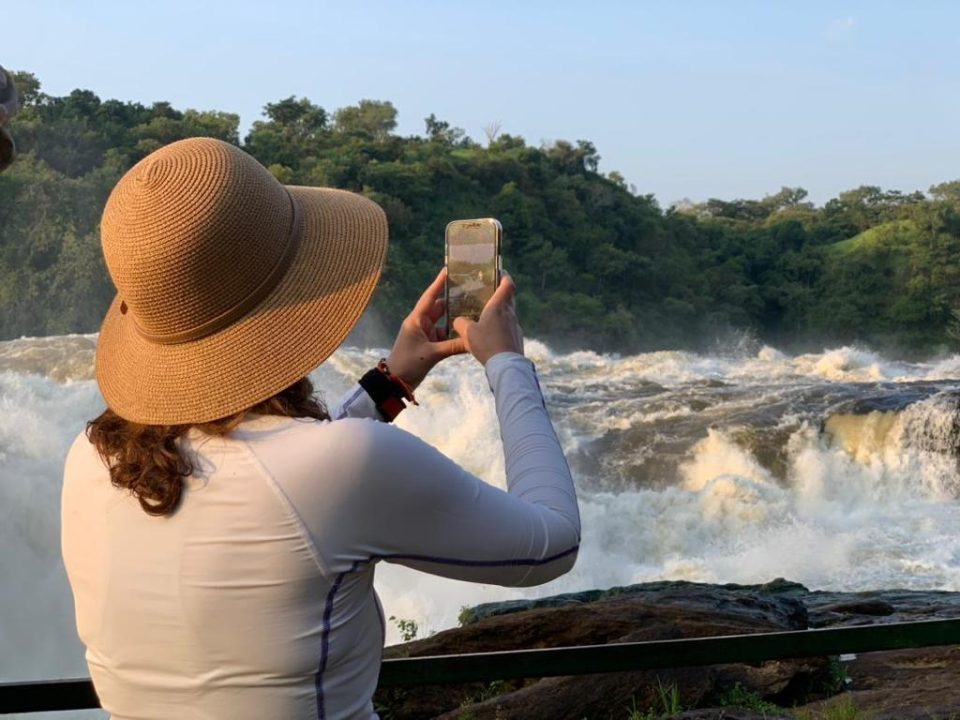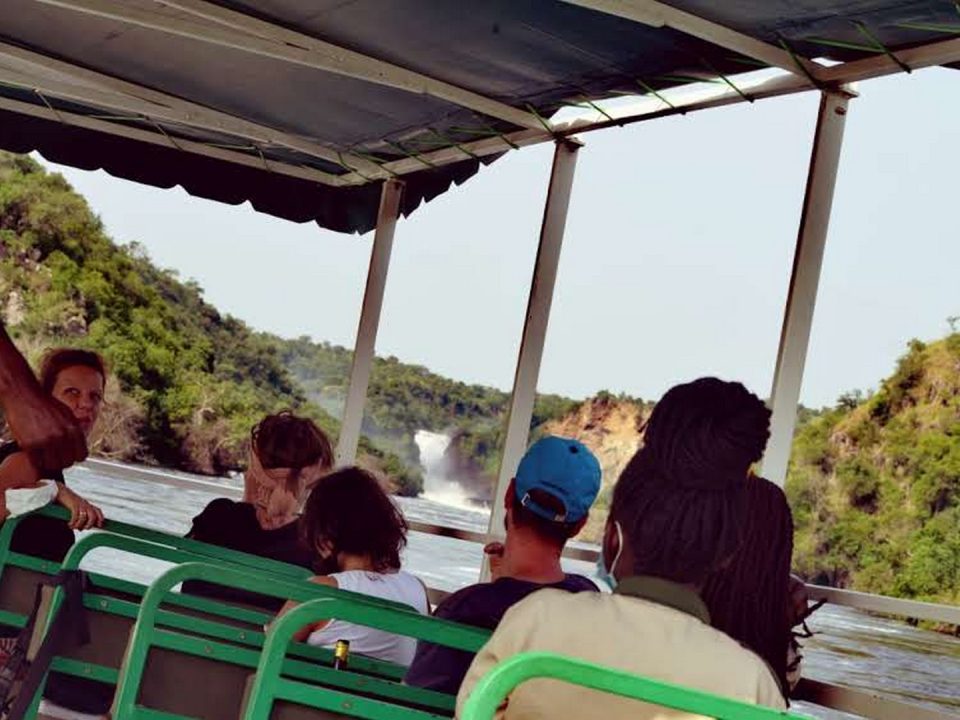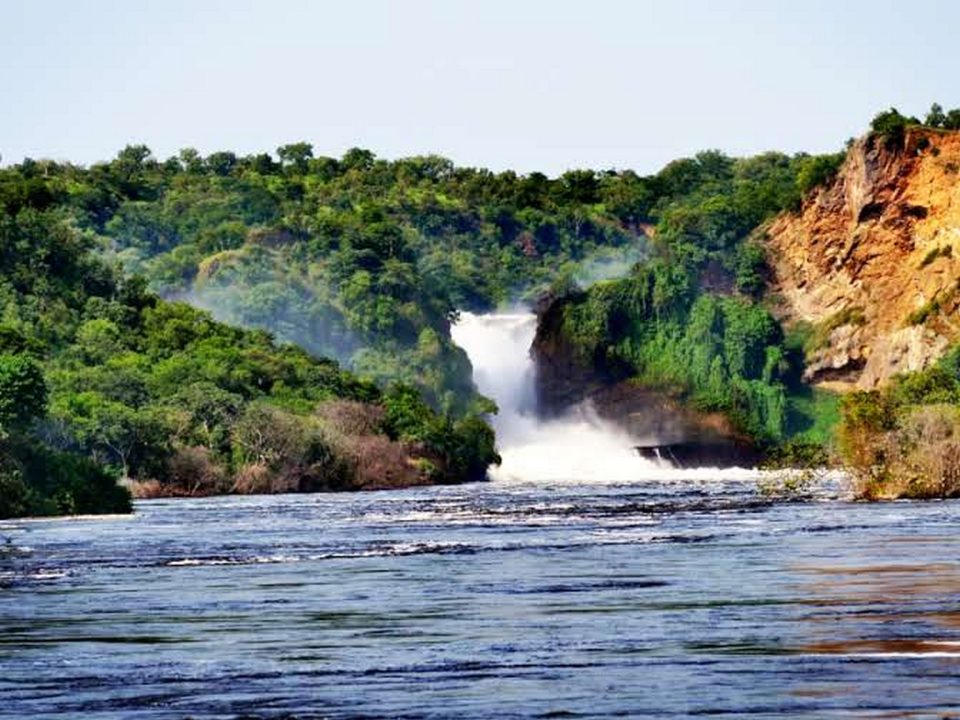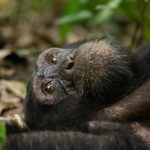
Can I Do a Chimpanzee Tracking Safari if I’m Not Physically Fit?
March 19, 2025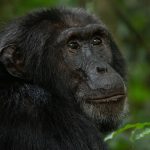
What is the Difference Between Chimpanzee Tracking and Gorilla Trekking in Rwanda?
March 20, 2025Are Walking Sticks Provided for Chimpanzee Tracking in Rwanda?
Are Walking Sticks Provided for Chimpanzee Tracking in Rwanda? Chimpanzee tracking in Rwanda offers one of the most thrilling wildlife experiences, giving travelers a unique opportunity to observe these fascinating creatures in their natural habitat. Rwanda is home to two main chimpanzee tracking sites: Nyungwe National Park and Gishwati-Mukura National Park, both of which feature rugged terrains and lush forests. Whether you’re an avid adventurer or a first-time trekker, it’s essential to be well-prepared for the physical demands of the trek. One of the most important pieces of equipment for chimpanzee tracking is a walking stick, which is often provided to trekkers to help navigate the challenging terrain. But, are walking sticks provided during chimpanzee tracking in Rwanda? This article will explore the significance of walking sticks, their availability, and why they are essential for a safe and enjoyable chimpanzee tracking experience.
The Importance of Walking Sticks for Chimpanzee Tracking
Chimpanzee tracking is not a walk in the park. The terrain in Rwanda’s forests is often steep, uneven, and slippery, particularly in Nyungwe National Park, known for its hilly and forested landscape. The presence of mud, wet conditions, and the dense jungle can make navigating the trails tricky. For this reason, walking sticks are a vital tool that can significantly improve the trekking experience.
Here’s why walking sticks are beneficial:
Stability and Support on Uneven Terrain
The forest floors of Nyungwe and Gishwati-Mukura are filled with rocks, tree roots, and uneven surfaces that can make trekking physically demanding and potentially dangerous. A walking stick provides extra stability by offering an additional point of contact with the ground, reducing the chances of slipping or losing balance. This is especially important when traversing steep inclines or descending slippery slopes, where maintaining balance is crucial.
Reducing Strain on the Body
Chimpanzee tracking involves walking through the dense forest for a few hours, sometimes in physically strenuous conditions. The use of a walking stick helps distribute your weight more evenly, reducing strain on your knees, hips, and lower back. By providing additional support, the walking stick allows you to trek longer distances with less fatigue, making it easier to enjoy the experience without overexertion.
Enhancing Traction on Slippery Surfaces
Rwanda’s tropical climate means that rain showers are frequent, especially in the forested areas. During the wet season, the forest trails become muddy and slippery, making it more challenging to walk. A walking stick helps enhance traction on these slippery surfaces, giving trekkers better control and minimizing the risk of slipping.
Aiding in Climbing and Descending
In some areas, the trek may involve steep climbs or descents, which can be especially challenging for those who are not used to such strenuous activities. A walking stick acts as an extra limb, providing support and allowing you to navigate these difficult areas with more ease and confidence.
Are Walking Sticks Provided for Chimpanzee Tracking in Rwanda?
Yes, walking sticks are typically provided for all trekkers during chimpanzee tracking in Rwanda, particularly by professional tour operators such as Deks Safaris & Tours Ltd.. These sticks are an essential part of the equipment provided for tracking, and they play a crucial role in ensuring your safety and comfort throughout the trek.
Standard Provision by Guides
Walking sticks are commonly available at the park entrance or at the meeting point before the trek begins. Your guide, who is experienced and familiar with the terrain, will offer you a walking stick to assist during your trek. In most cases, walking sticks are included in the price of the tracking safari, so you don’t have to worry about purchasing them separately.
Designed for Trekking
The walking sticks provided for chimpanzee tracking are specifically designed for the purpose of walking in challenging forest environments. They are typically lightweight, sturdy, and adjustable in length, ensuring that they are suitable for trekkers of all sizes. The sticks are usually made of wood or other durable materials, allowing them to provide the necessary support during the trek.
The Role of the Guide
In addition to providing walking sticks, the guide plays a crucial role in helping trekkers navigate the forest. Your guide will assess the condition of the terrain and may suggest when to use the walking stick for extra support. They will also adjust the pace of the trek to suit the group’s abilities and ensure that everyone remains safe while enjoying the experience.
When to Use a Walking Stick During Chimpanzee Tracking
While walking sticks are helpful throughout the trek, there are specific moments when they become even more crucial. These moments include:
Steep Inclines and Descents
Chimpanzee tracking often involves navigating steep slopes, both uphill and downhill. A walking stick can make these sections of the trek more manageable by providing additional leverage and support, particularly when descending slippery trails.
Crossings Over Rocky or Muddy Areas
Rwanda’s forests can be muddy and wet, especially during the rainy season. When crossing muddy patches or rocky areas, the walking stick helps provide balance, reducing the risk of slipping and falling.
When You Need Extra Support
If you’re not accustomed to strenuous hiking or have mobility challenges, the walking stick is invaluable in offering support when you need it most. The guide may also recommend using the walking stick during parts of the trek where the terrain is particularly challenging, such as areas with dense vegetation or uneven ground.
Are Walking Sticks the Only Assistance Provided?
While walking sticks are a helpful tool, they are not the only form of assistance provided for chimpanzee tracking in Rwanda. Tour operators like Deks Safaris & Tours Ltd. understand that trekking can be physically demanding, especially for those who are not used to hiking. To make the experience more accessible, several additional forms of assistance may be available, including:
Porter Services
In some cases, trekkers may opt to hire porters to assist with carrying personal belongings and providing extra support during the trek. Porters are local individuals who are knowledgeable about the terrain and can help trekkers navigate difficult parts of the trail. Hiring a porter is optional but can be especially beneficial for individuals who may need extra help with stability or for those carrying heavy equipment or cameras.
Guide Assistance
The presence of an experienced guide is essential to ensuring a safe and enjoyable trek. Guides are trained to lead groups through the forest, offering advice on when to use the walking stick and ensuring that the group moves at a comfortable pace. They are also skilled at spotting wildlife and helping trekkers identify chimpanzees and other animals along the way.
Shorter Trekking Options
For those who are not in the best physical shape or want a more relaxed experience, some parks offer shorter, easier trails. These trails are less strenuous, and the trekking time may be reduced, making it more accessible for those who may find the standard trek too challenging.
Conclusion: Walking Sticks Enhance Your Chimpanzee Tracking Experience
Walking sticks are a standard and vital part of chimpanzee tracking in Rwanda, providing much-needed support, stability, and comfort during your trek through the forest. Whether you are navigating steep terrain, crossing muddy patches, or simply enjoying the wildlife, the walking stick ensures that you can fully experience this unforgettable adventure with confidence and safety. At Deks Safaris & Tours Ltd., we prioritize your comfort and safety, providing walking sticks as well as expert guides and additional assistance to ensure that your chimpanzee tracking safari is both enjoyable and accessible, regardless of your physical fitness level.

